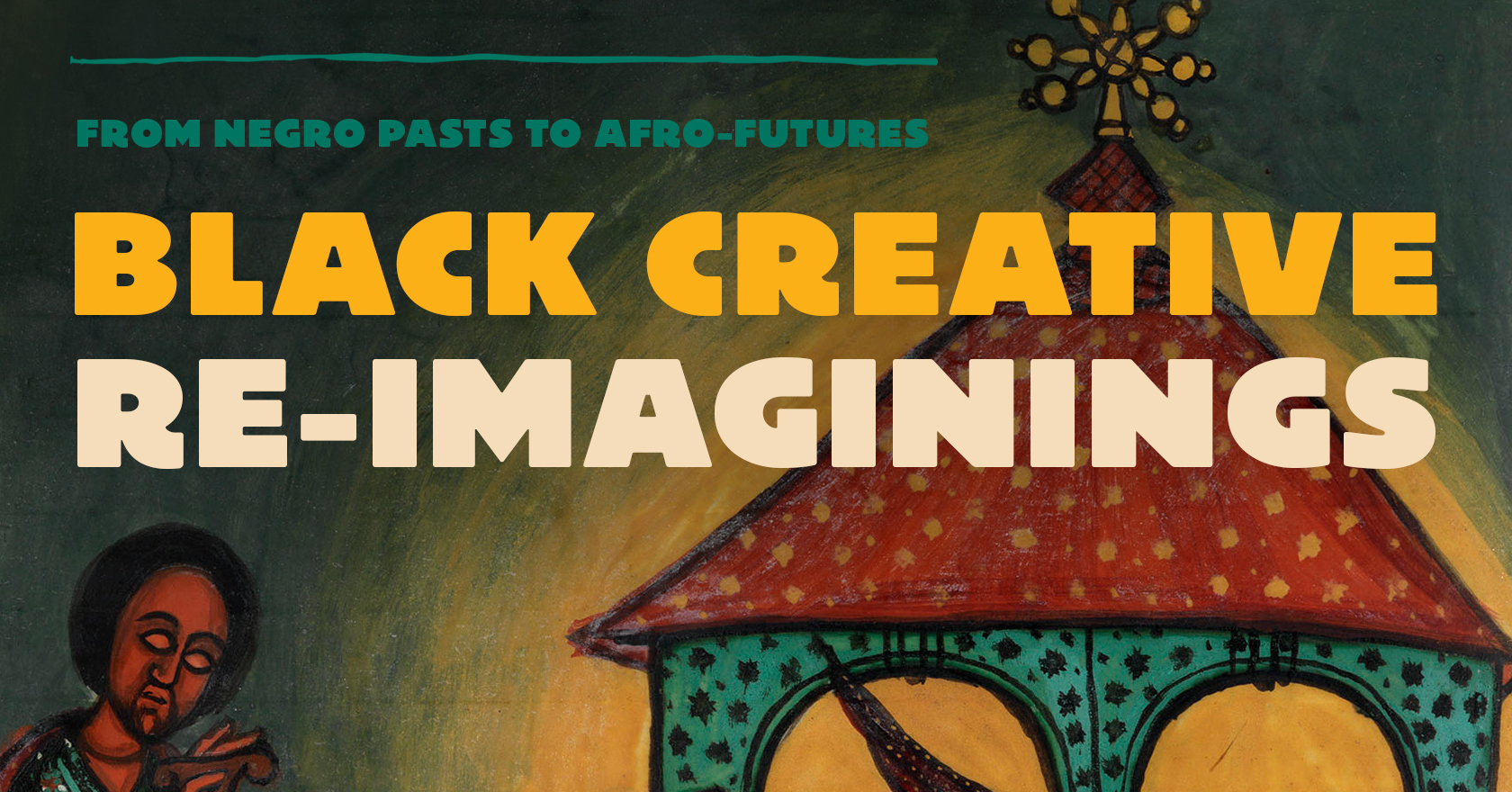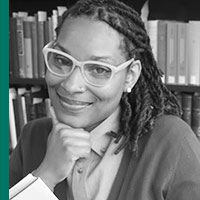
Black history is about remembering. Since their
forced arrival in the Americas, African-descended people remembered their past and cultivated dreams
of freedom. By the late 20th century, Black people demanded that their contributions be included in
mainstream institutions. In 1969, the patrician Library Company of Philadelphia answered the call
for inclusion and exhibited “Negro History.” Fifty years later, the Library Company stands at the
historical and cultural crossroads where Black history is unapologetic and multifaceted. In this
exhibition, you will bear witness to the colorful depictions of 17th century Ethiopian artisans who
painstakingly crafted and drew religious figures in their mirror images. You will see 19th-century
middle-class Black girls’ collections of words, drawings, advice, and poems about Black people near
and far so that they could meditate on friendship and heed communal advice – #blackgirlmagic before
the invention of the hashtag. Ultimately, this exhibition honors the humanity of Black people
through the fragments, the rituals, the writings, and prayers they left for us in the here and now.
From classical Africa to Philadelphia, the home of Mother Bethel and Neo-Soul, take a journey with
us “From Negro Pasts to Afro-Futures: Black Creative Re-Imaginings.”

21st Century Culture Bearers
From Negro Pasts to Afro-Futures: Black Creative Re-Imaginings is a community
effort. Five graduate students at Queens College, CUNY—all working on dual M.A. and MLS degrees in
history and library science—were led by Dr. Deirdre Cooper Owens in curating this exhibition. Their
participation serves as not only a testimony to the legacy of creativity inspired by the Diaspora,
but also, to the place young scholars should occupy in curating Black History.

Jermaine Dennis’ graduate thesis is on 19th century African
American literary societies and the politics of pleasure. He curated “Fight the
Power” and is grateful to reveal the lesser-known stories of early Black Americans.
He graduates May 2019.
|

Kimani Magloire’s research interests include early modern Europe
and African American intellectual history. He curated “Enduring Faith/Enduring
Survival” and believes the exhibition holds deep significance to African American
history. He graduates May 2019.
|

Carolina Acosta is interested in doing archival work deeply
rooted in history. Carolina curated “Turning the Tide” and is gratified to be able
to use the collection to show how early African Americans thought about race. She
has completed her first year as an M.A./MLS student.
|

Julian González works in special collections at Lincoln Center
in New York and has used his experience to curate “Ancestral Art.” Julian has
presented a trans-Atlantic cultural history of Black people that connects various
countries and continents. He graduates May 2019.
|

This exhibition is important to Tamara Potts-Covan because it
prepares her for a career working with collections at a cultural institution. She
curated “Art Through Memory,” which allows her to educate the public on previously
unknown African American people and history. She graduates May 2019.
|

In addition, Drexel graduate student, Vanesa Evers, contributed
behind the scenes in organizing this exhibition. She is graduating with an MLIS with
a minor in Museum Leadership this summer and plans to continue her work providing
access to special collections and archives to under-represented communities.
|
Thank You to Our Generous Donors
The Gladys Krieble Delmas Foundation
Pennsylvania Abolition Society Endowment Fund of the Philadelphia Foundation
National Endowment for the Humanities
Pennsylvania Council for the Arts
We would also like to thank the following donors to the Stevens-Codgell, Sanders-Venning Collection:
Cordelia H. Brown, Beverly Brown-Ruggia, Lillie V. Dickerson, Elsa Hardy, Mary Hinkson Jackson, and
Georgine E. Willis. Donations to this collection have been made in honor of Phillip S. Lapsansky.












